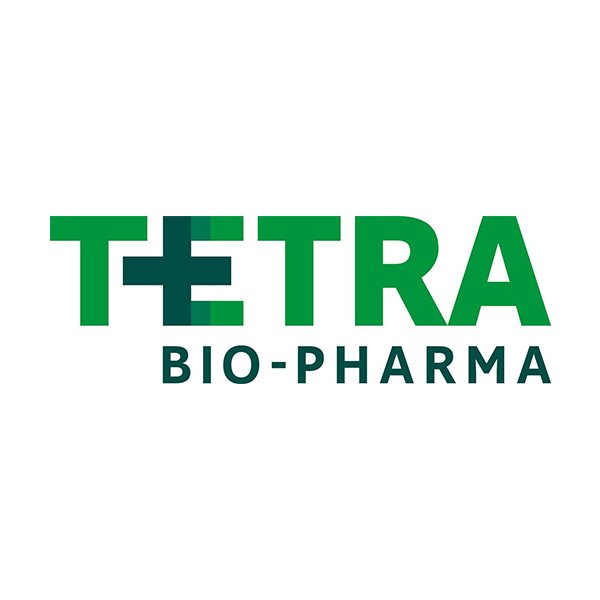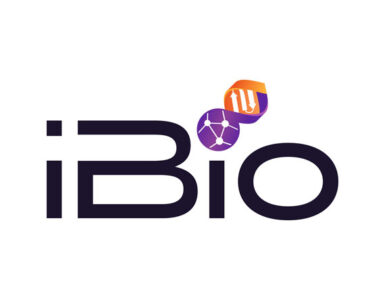
Tetra Bio-Pharma (TSX:TBP; OTCQB:TBPMF; FRA:JAM1) reported positive initial clinical data from its ongoing Phase 2 REBORN 1 and PLENITUDE trials of QIXLEEF for cancer pain.
QIXLEEF is a botanical inhaled investigational new drug with a fixed ratio of THC and CBD that meets USA cGMP regulatory requirements.
Safety data of the REBORN 1 trial collected up to now confirm QIXLEEF tolerability and good safety profile in patients with cancer with breakthrough pain. No serious adverse events have been reported, only adverse drug reactions of mild intensity have been recorded.
Preliminary data of the PLENITUDE trial also confirm QIXLEEF tolerability and good safety profile in the pool of subjects treated with either QIXLEEF or placebo in a randomized double-blind four-week period and in subjects treated with QIXLEEF during an open-label 11-month period.
Preliminary analysis of the data shows a positive effect on pain relief in QIXLEEF-treated patients.
In a statement, Dr. Guy Chamberland, CEO and CRO of Tetra, said that a safe and efficient therapeutic alternative that allows for the reduction of opioids is critical now more than ever to support patients in their journey against pain.
He said preliminary data from both REBORN 1 and PLENITUDE confirm the safety and pharmacodynamic profile of QIXLEEF reported in the Phase 1 trials.
“The pharmacokinetic profile of QIXLEEF is well indicated to help manage short episodes of pain, such as breakthrough pain, and will offer patients and physicians a viable, safer, and non-opioid option for pain management,” Dr. Chamberland said.
In addition, Tetra’s metabolite profile study in humans showed that intake of QIXLEEF “does not lead to significant levels of metabolites associated with toxicity and its pharmacokinetic profile mirrors the temporal characteristics of breakthrough cancer pain episodes, with a transient and fast effect of action.”
Tetra’s Phase 1 trials showed that maximal plasma concentration was reached within five minutes and that the drug was well tolerated with a good safety profile.





